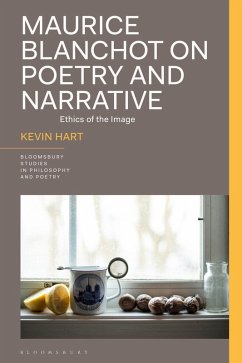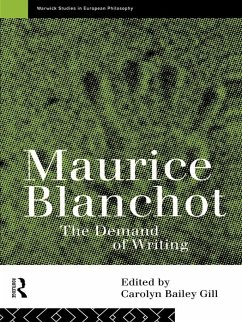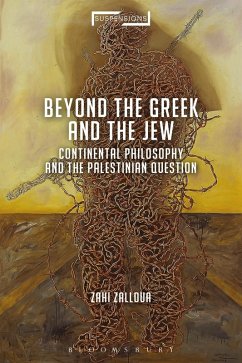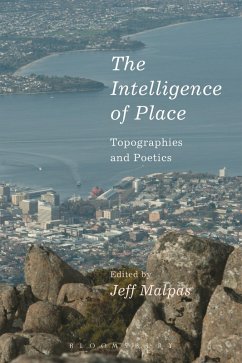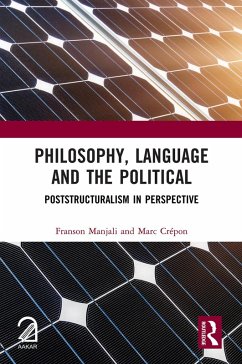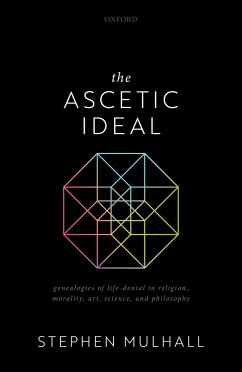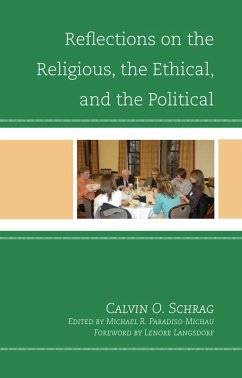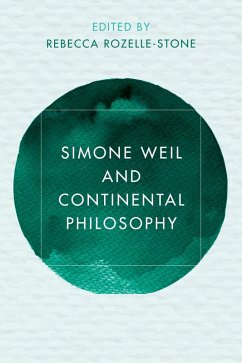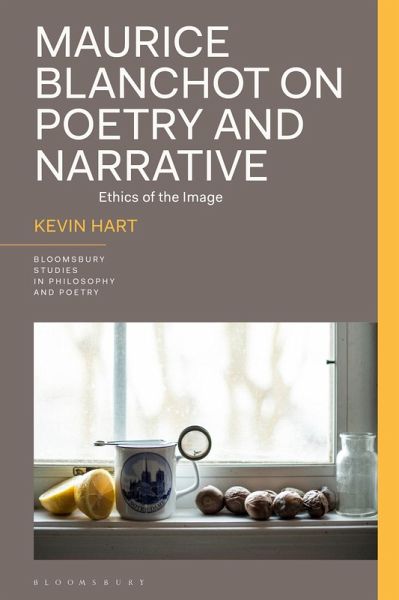
Maurice Blanchot on Poetry and Narrative (eBook, ePUB)
Ethics of the Image
Versandkostenfrei!
Sofort per Download lieferbar
70,95 €
inkl. MwSt.
Weitere Ausgaben:

PAYBACK Punkte
35 °P sammeln!
Blanchot and his writings on three major poets, Mallarmé, Hölderlin, and Char, provide a decisive new point of departure for English language criticism of his philosophical writings on narrative in this study by leading Blanchot scholar, Kevin Hart. Connecting his work to later leading figures of 20th-century French philosophy, including Emmanuel Levinas, Simone Weil, and Jacques Derrida, Hart highlights the importance of Jewish philosophy and political thought to his overall conception of literature. Chapters on community and negation reveal Blanchot's emphasis on the relationship between n...
Blanchot and his writings on three major poets, Mallarmé, Hölderlin, and Char, provide a decisive new point of departure for English language criticism of his philosophical writings on narrative in this study by leading Blanchot scholar, Kevin Hart. Connecting his work to later leading figures of 20th-century French philosophy, including Emmanuel Levinas, Simone Weil, and Jacques Derrida, Hart highlights the importance of Jewish philosophy and political thought to his overall conception of literature. Chapters on community and negation reveal Blanchot's emphasis on the relationship between narrative and politics over the more commonly connected narrative and aesthetics. By fully discussing Blanchot's elusive concept of "the Outside" for the first time, this book progresses scholarly understandings of his entire oeuvre further. This central concept engages Franz Rosenzweig's work on Abrahamic faiths, enabling a reckoning on the role of suffering and literature in the wake of the Shoah, with significant implications for Jewish studies more generally.




